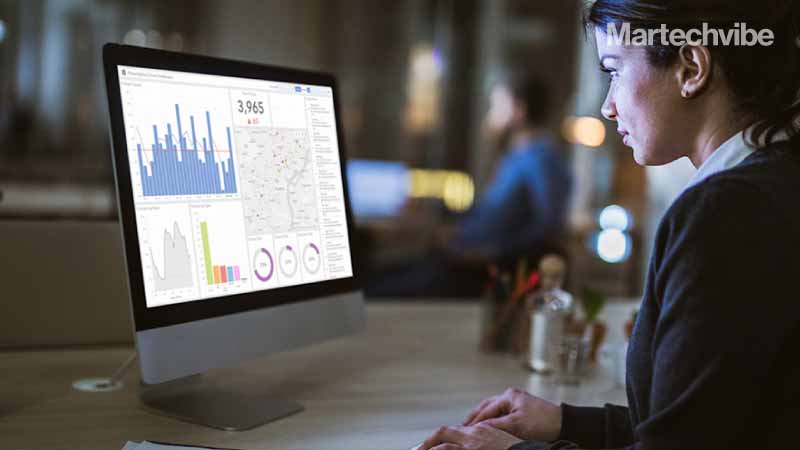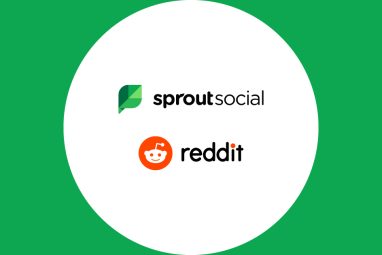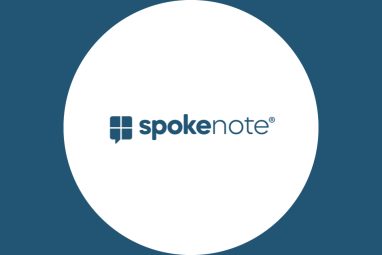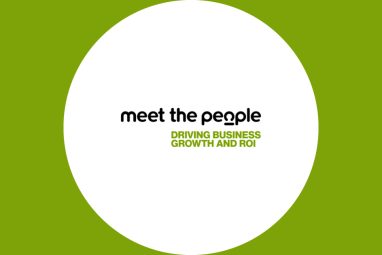Measuring Performance On Influencer Marketing Spends
In their latest survey-led report, Measuring the Effectiveness and ROI of Influencer Marketing, talent marketing platform Influencer Intelligence revealed that influencer marketing is commanding increasingly higher percentages of budgets, yet many brands are not tracking its effectiveness and ROI accurately. The report, containing feedback from 98 dedicated influencer marketing professionals. It spotlights a 400+ per […]
Topics
What to Read Next

In their latest survey-led report, Measuring the Effectiveness and ROI of Influencer Marketing, talent marketing platform Influencer Intelligence revealed that influencer marketing is commanding increasingly higher percentages of budgets, yet many brands are not tracking its effectiveness and ROI accurately.
The report, containing feedback from 98 dedicated influencer marketing professionals. It spotlights a 400+ per cent increase in the number of marketers allocating over 50 per cent of their budgets towards influencer marketing (an increase from 2 per cent (late 2018) to 9 per cent (late 2020)). Those spending less than 10 per cent dropped significantly, from 53 per cent to 43 per cent, over the same period.
It also showed that almost two thirds (63 per cent) of marketers feel confident their influencer spend is effective, but 71 per cent do not feel they are tracking ROI accurately, relying on likes, shares, comments (84 per cent), site traffic (65 per cent) and impressions (55 per cent).
Also Read: Do Consumers Trust Social Media Influencers?
Key findings:
- 52 per cent of marketers are working with 10 or less influencers
- 43 per cent of respondents spend less than 10 per cent of their marketing budget on influencer marketing
- 52 per cent of respondents can quantify the roi of an individual influencer
- Just over a third (35 per cent) of respondents agree they are unable to access influencer-owned data for their ROI calculations; a sentiment that just 5 per cent “strongly disagree” with
- 37 per cent of respondents regularly review the ROI of individual influencers and adjust their investments accordingly
- A third (33 per cent) regularly review the ROI of individual social channels and shift their strategy and investments towards those that are performing the best for them
- 10 per cent say that their ROI calculations are used to inform annual budgets
“Marketing budgets have suffered because of the pandemic and spend is being transferred online for smoother transactions and greater conversion following the uplift in ecommerce,” said Sarah Penny, Content & Research Director at Influencer Intelligence.
“We’ve evolved in a relatively short period from exploring gifting in return for (the hope of) coverage, to this huge uplift in investment, driven by opportunity and brands integrating influencer marketing as a fully-fledged arm of their digital marketing operation. As we see more budgets move to social and influencer marketing, we need to see increased accountability and a better understanding of ROI and, at the moment, there is a disconnect between the two.”
“There are many barriers to understanding the ROI of influencer marketing, including the sheer volume of channel options, campaign types and metrics, which make it challenging to recognise and choose the right path in terms of objectives and measurement.”
In response to clients requesting advice on understanding influencer marketing ROI, Influencer Intelligence has launched a new campaign measurement tool as part of their end-to-end influencer marketing solution, which helps marketers to take control of their influencer marketing campaigns, allowing them to measure KPIs, compare and contrast influencer performance and improve efficiency through impactful metrics.









































































































